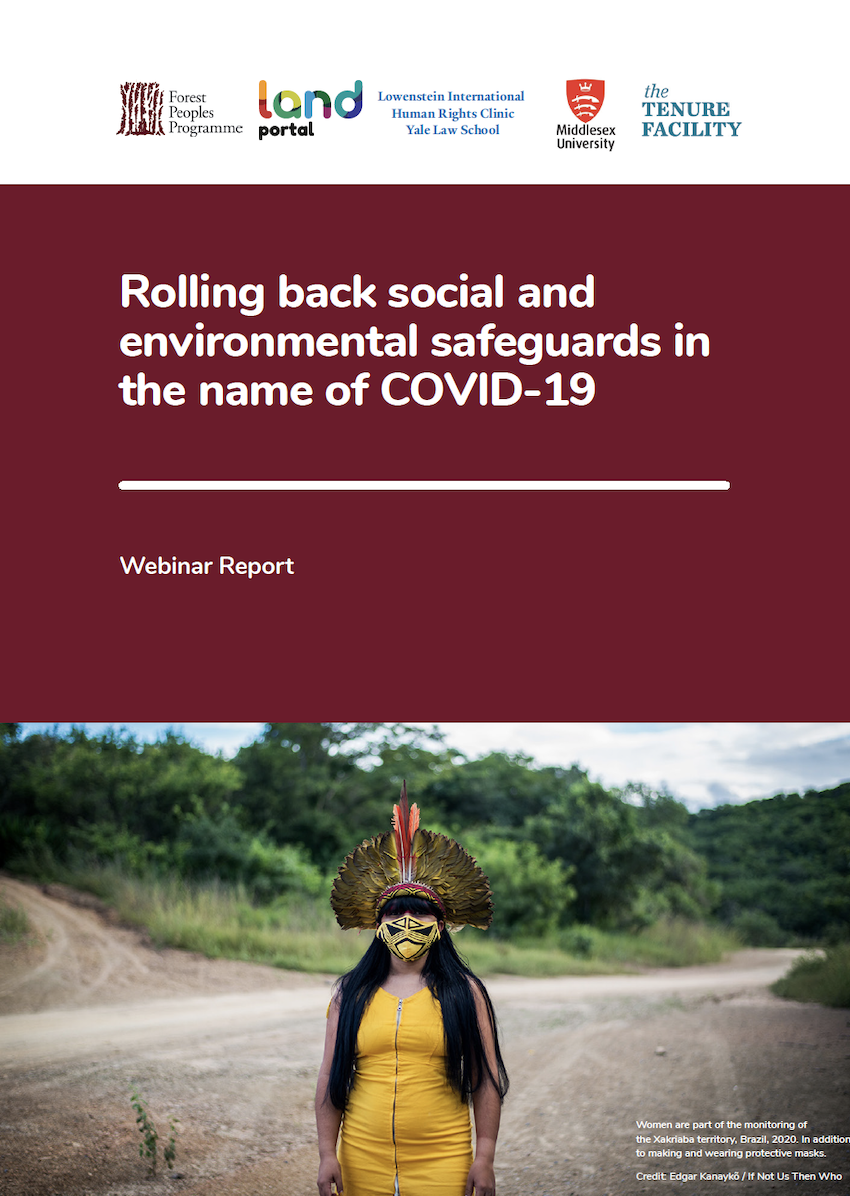The webinar Rolling back social and environmental safeguards in the name of COVID-19, organized by Forest Peoples Programme, the Tenure Facility, Middlesex University, the Lowenstein International Human Rights Clinic and the Land Portal Foundation, took place on Thursday, February 18, 2021.…
Urbanization is changing land use–land cover (LULC) transforming green spaces (GS) and bodies of water into built-up areas. LULC change is affecting ecosystem services (ES) in urban areas, such as by decreasing of the water retention capacity, the urban temperature regulation capacity and the…
In 2020, digital transformation was a major theme to commemorate Indonesia’s main agrarian law’s anniversary. This theme is a reminder of the need to fully implement digital services to improve the quality of land registration products that are cheap, easy to operate, perform quickly, and are…
Coastal regions are one of the most vulnerable areas to the effects of global warming, which is accompanied by an increase in mean sea level and changing shoreline configurations. In Indonesia, the socioeconomic importance of coastal regions where the most populated cities are located is high.…
There is an urgent need for a global transition to sustainable and wildlife-friendly farming systems that provide social and economic equity and protect ecosystem services on which agriculture depends. Java is home to 60% of Indonesia’s population and harbors many endemic species; thus, managing…
This paper highlights the ways that the COVID-19 pandemic has affected and disenfranchised indigenous peoples and forest communities in Indonesia. The lack of adequate protection of the rights of indigenous peoples and their territories before the pandemic has been made worse by a lack of…
Sustainable land governance requires that all members of a community, both women and men, have equal rights and say in decisions that affect their collectively-held lands. Unfortunately, women around the world have less land ownership and weaker land rights than men – but this can change, and…
La gobernanza sostenible de la tierra requiere que todos los miembros de una comunidad, tanto mujeres como hombres, tengan los mismos derechos y voz en las decisiones que afectan a sus tierras de propiedad colectiva. Lamentablemente, las mujeres de todo el mundo tienen menos tierra en propiedad…
In 2017, the Indonesian government implemented the systematic land registration (PTSL) process, projected to be finished by 2025. However, this process faces some challenges in the spatial and legal data collection process, resulting in the Indonesian cadastral system still being incomplete. For…
The articles in this Bulletin are written by the following organizations and individuals: National Coordinator for the Defense of the Mangrove Ecosystem (C-CONDEM), Ecuador; Yayasan Pusaka Bentala Rakya (Bentala Raya Heritage Foundation), Indonesia; Venezuelan Observatory of Political Ecology…
The CGIAR Research Program on Forests, Trees and Agroforestry (FTA) organized over 10 days from 14 to 25 September 2020 its decadal conference. The fully digital event titled Forest, trees and agroforestry science for transformational change gathered more than 500 scientists from the programme…
The content of the handbook and its handouts are illustrative and can be tailored to different training requirements. For example, if the course is used for government staff or members of a non-governmental organization, the content and exercises can be adjusted to suit the knowledge background…






